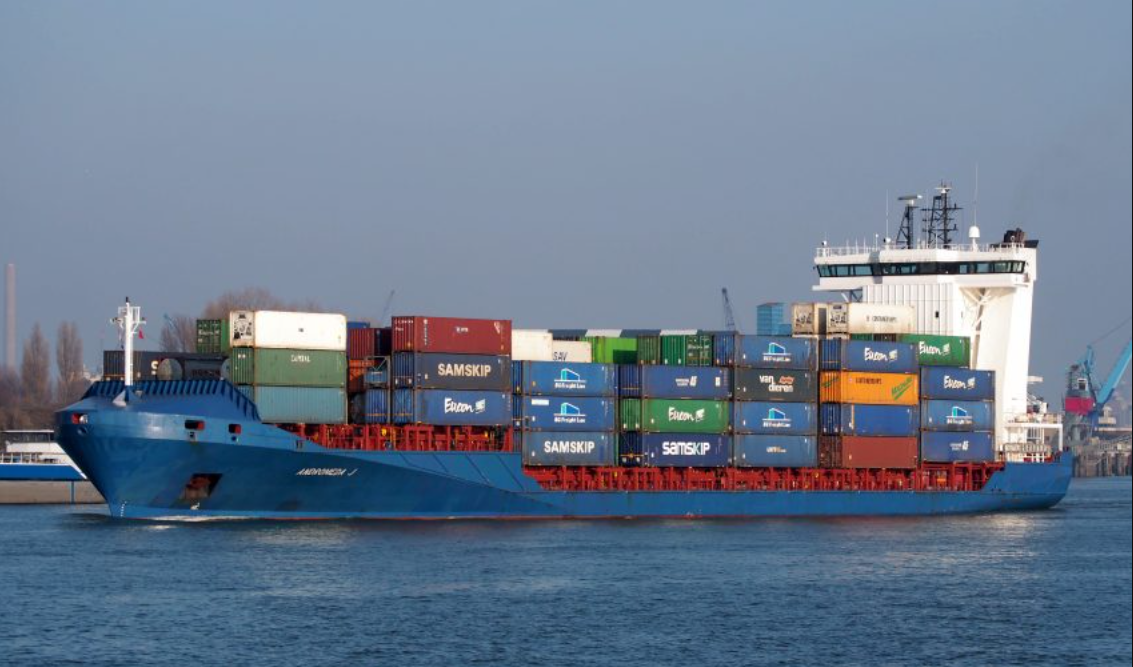
Image: for representation purposes only
The recent gathering of nations at the United Nations’ International Maritime Organization (IMO) in London has sparked optimism for environmentalists and stakeholders worldwide. The focal point of discussions revolved around tackling carbon emissions stemming from the shipping industry, a vital yet environmentally impactful sector. The outcome? A historic agreement signaling the intent to achieve net-zero shipping emissions “by or around” 2050.
With thirty-four countries showing substantial support, the prospect of implementing the world’s inaugural global emissions levy has gained unprecedented traction. This surge in favorability marks a significant departure from previous deliberations, hinting at a paradigm shift in global maritime policies.
The catalyst behind this newfound momentum lies in the endorsement from various nations, notably the Caribbean and Pacific Island states. Their backing, alongside that of other nations, propels the notion of adopting measures crucial for fostering sustainable maritime practices worldwide.
The revised greenhouse gas strategy, backed by 175 nations in a previous IMO convention, outlines ambitious targets for emission reduction. The roadmap sets a clear trajectory: aiming for a 30% reduction by 2030, followed by at least 70% by 2040, culminating in net-zero emissions by mid-century.
While the timeline earmarks 2025 for the implementation of an emissions price, alternative proposals advocate for its integration into broader measures. Regardless of the approach, the overarching goal remains consistent: steering the industry towards cleaner energy sources and ensuring fair participation among nations.
Support for this policy spans across continents, with countries from the Caribbean, Pacific, Africa, the EU, and Canada rallying behind the cause. Advocates stress the significance of pricing shipping emissions as a catalyst for industry-wide transformation, with a keen focus on benefiting developing nations.
Undoubtedly, the task of decarbonizing the shipping industry presents formidable challenges, given its indispensable role in global trade. However, proponents of the emissions levy, particularly Pacific and Caribbean Island states, champion ambitious proposals to incentivize sustainable practices within the sector.
As discussions at the IMO lay the groundwork for future deliberations, stakeholders emphasize the need for nuanced policy frameworks to drive shipping decarbonization. The upcoming talks hold immense significance, shaping the trajectory of global trade towards a greener, more sustainable future.
While notable progress has been achieved, hurdles remain, especially concerning the intricacies of policy implementation necessary for effective shipping decarbonization incentives.

